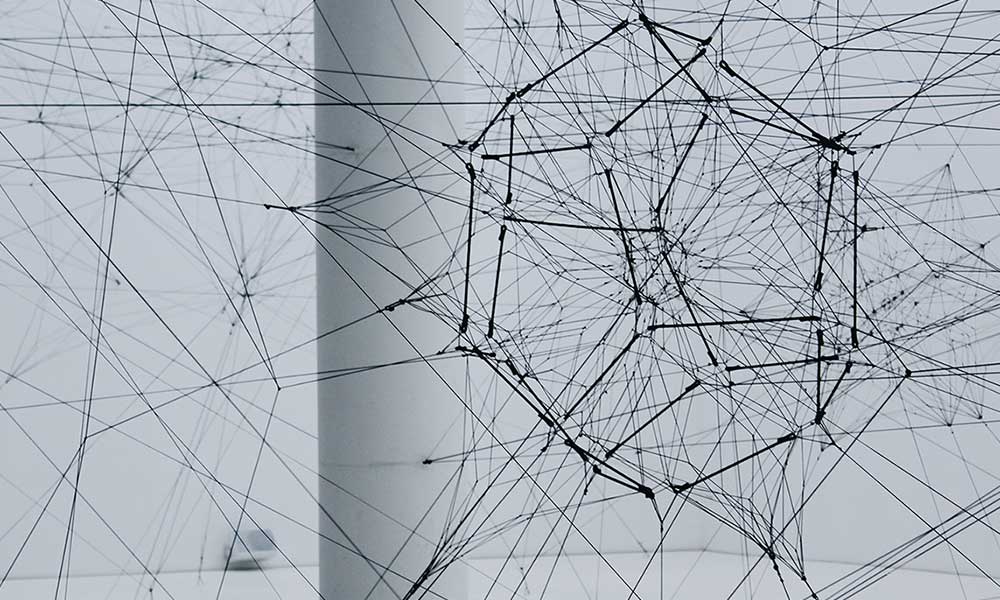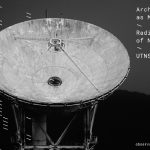Week 4: 2/14
Configuring Observations (connections, contradictions, rhymes)
In-class workshop
You have made six observations of the same object: three in class last week (inspired by OBJECT AMERICA guest researchers) and three at home (based on your own practice). We will use your documentation of these observations to create “forensic boards”–mapping and revisualizing your research thus far. We recommend starting with three “recordings” of your object in the center and visually branching from there to connect ideas and other findings. Materials for this are wide open–they may range from photos and drawings to sculptural exploration, written texts, and can include additional research or associative found material such as objects, sounds, or snippets from the readings or other texts.
For next week
Observational Practice Workshops
The purpose of these workshops is to spring off of your own research experiments and share an approach to observation to be enacted by others. Ideally, the results of this will be helpful for your own research into your topic. You will be creating the parameters for this improvisatory research experience. The criteria for the workshops are: 1. You devise a mode of observation that can be done by a group of people. 2. Translate this into a set of instructions 3. Orchestrate/ lead all aspects of the workshop.
These instructions should come out of your practices that are embedded in the discipline you are studying/working/researching. You can limit this to a single instruction (which will then take up to 30 min) or introduce a series of shorter micro-observations. After the observation, the class will discuss the experience and give feedback on how the initial observational score could be modified or extended. The collected instructions of all workshops will be “published” as the Observational Score Book I.
You will also share up to three readings a week in advance with the class. These readings should come out of your existing research practices and there is no need to look for something completely new – just select articles or chapters of books that inspired you the most so far. You can also ask the class to bring in simple tools or instruments (like a measure tape, a mobile phone, paper, pen, a laptop).
For next week, bring a pitch of your workshop to class. A pitch includes a selection of readings, instruments for the observation, as well as a draft of how you want to instruct others to in a particular practice of observation.





Comments by Pascal